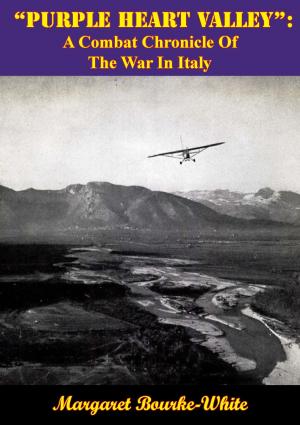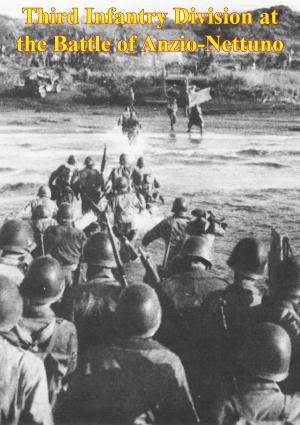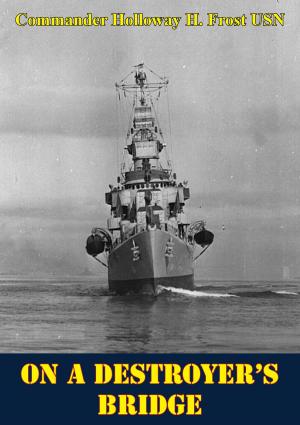United States Army in WWII - the Mediterranean - Salerno to Cassino
[Illustrated Edition]
Nonfiction, History, Germany, European General, Military, United States| Author: | Martin Blumenson | ISBN: | 9781782894100 |
| Publisher: | Lucknow Books | Publication: | August 15, 2014 |
| Imprint: | Lucknow Books | Language: | English |
| Author: | Martin Blumenson |
| ISBN: | 9781782894100 |
| Publisher: | Lucknow Books |
| Publication: | August 15, 2014 |
| Imprint: | Lucknow Books |
| Language: | English |
[Includes 16 maps and 94 illustrations]
The focus of the American and British war effort in 1943 was on the ancient lands bordering the Mediterranean Sea where in May victory came at last in Tunisia and where in July Allied armies began a five-week campaign to conquer Sicily. The invasion of Italy in September sharpened that focus as Allied troops for the first time since 1940 confronted the German Army in a sustained campaign on the mainland of Europe.
The fighting that followed over the next eight months was replete with controversial actions and decisions. These included apparent American peril during the early hours in the Salerno beachhead; a British advance from the toe of the peninsula that failed to ease the pressure at Salerno; the fight to cross a flooded Rapido River; the bombing of the Benedictine abbey on Monte Cassino; and the stalemated landings at Anzio. The author addresses these subjects objectively and candidly as he sets in perspective the campaign in Italy and its accomplishments.
It was a grueling struggle for Allied and German soldier alike, a war of small units and individuals dictated in large measure by inhospitable terrain and wet and cold that soon immersed the battlefield. The methods commanders and men employed to defeat the terrain and a resourceful enemy are instructive now and will continue to be in the future, for the harsh conditions that were prevalent in Italy know no boundary in time. Nor do the problems and accomplishments of Allied command and co-ordination anywhere stand out in greater relief than in the campaign in Italy.
[Includes 16 maps and 94 illustrations]
The focus of the American and British war effort in 1943 was on the ancient lands bordering the Mediterranean Sea where in May victory came at last in Tunisia and where in July Allied armies began a five-week campaign to conquer Sicily. The invasion of Italy in September sharpened that focus as Allied troops for the first time since 1940 confronted the German Army in a sustained campaign on the mainland of Europe.
The fighting that followed over the next eight months was replete with controversial actions and decisions. These included apparent American peril during the early hours in the Salerno beachhead; a British advance from the toe of the peninsula that failed to ease the pressure at Salerno; the fight to cross a flooded Rapido River; the bombing of the Benedictine abbey on Monte Cassino; and the stalemated landings at Anzio. The author addresses these subjects objectively and candidly as he sets in perspective the campaign in Italy and its accomplishments.
It was a grueling struggle for Allied and German soldier alike, a war of small units and individuals dictated in large measure by inhospitable terrain and wet and cold that soon immersed the battlefield. The methods commanders and men employed to defeat the terrain and a resourceful enemy are instructive now and will continue to be in the future, for the harsh conditions that were prevalent in Italy know no boundary in time. Nor do the problems and accomplishments of Allied command and co-ordination anywhere stand out in greater relief than in the campaign in Italy.

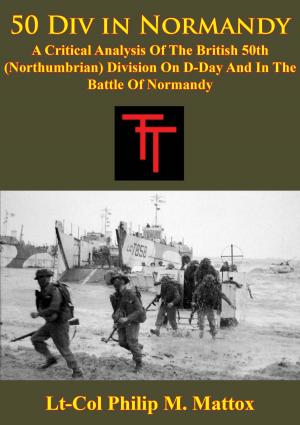


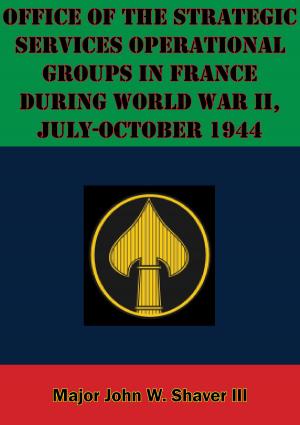


![Cover of the book UTAH BEACH TO CHERBOURG - 6-27 JUNE 1944 [Illustrated Edition] by Martin Blumenson](https://www.kuoky.com/images/2014/august/300x300/9781782892649-OpIQ_300x.jpg)
